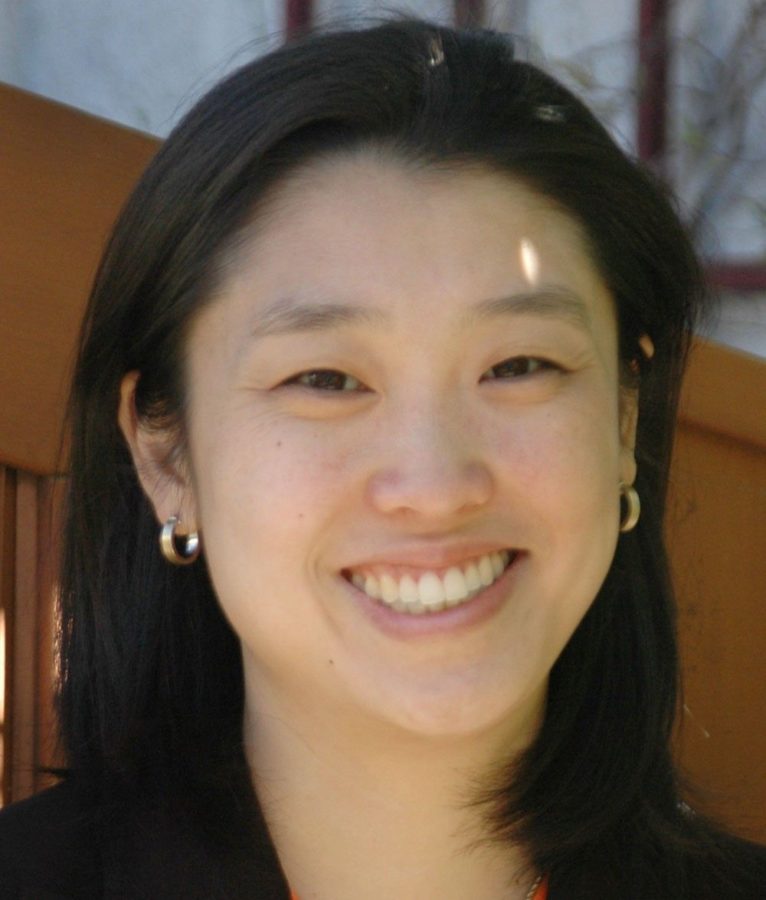How to choose your college major
December 4, 2012
When I chose to be a history major in college, I confused the idea of choosing a subject of study with a discipline. I had first thought of international relations, having been a part of Model United Nations in high school and marking my weeks with the Los Angeles Times’ “World Report” section. I had also been strongly influenced by my high school history teacher, who had almost completed his PhD and taught us what “historiography” meant. Looking back twenty years later, I realize that my understanding then was shallow; I knew that historiography was about schools of thought, but I didn’t really know how a historian conducted research, nor how he came to conclusions.
As a freshman I stumbled into a program called “Directed Studies,” a year-long six-course sequence on the great books of the Western world. In “Literature” we started with Homer, in “Philosophy” with Plato, and in “History and Politics” we began with Herodotus. We read a book a week in each course, with two weeks for selections from the Bible. Each course featured one lecture and two recitations a week; the latter were led by professors and the former rotated among them according to their field of specialization. The hundred students selected for “Directed Suicide” wrote one paper a week, rotating among the three courses. To this day I associate the coffee at Bruegger’s Bagels with a Thursday nearly all-nighter.
But by the end of the year I was no closer to choosing a subject, though I did discover that I liked to read texts. Like 20 percent of my class, I chose to major in history, but I did so because I thought that with history I didn’t have to choose. I could, after all, study the history of anything: The history of science, the history of music or the history of ideas. And so I plunged merrily into my education, each summer thumbing the course catalog in great anticipation, but ultimately choosing courses in intellectual history, or following the professors whose teaching style I liked. I did choose electives, but with the exception of calculus (which I thought necessary to being an educated person) and music theory (in which I learned that being tone-deaf means that you fail with a B). I mostly took language courses. It never occurred to me that I was getting very lopsided; I was drinking from the firehose of history, and it mattered little that I wouldn’t have been able to recognize its close cousins in anthropology or sociology.
Confusing subject with discipline, then, is the thing I regret most about my college education. What I didn’t understand is that a discipline — like history — is not just about stuff to know (or even really cool stories from the past), it is a way of knowing. A discipline is a method of inquiry: History is an approach to asking questions, of doing research, of drawing conclusions based on theories and research. At Yale we had nothing like UK’s gateway course of “History 301” which teaches our undergraduates the methods of history, or the capstone class of “History 499,” which cumulates in an original research paper. In the same way that my generation was supposed to absorb grammar by reading (rather than diagramming sentences), history majors at Yale were supposed to figure out how to do history by reading history books. But in the same way that the former approach to grammar has failed, the osmosis method to becoming an historian was woefully incomplete. If we can teach the gateway and capstone courses (and teach them well) our majors should walk away with the sense that a discipline is both knowledge and knowing.
So my advice for you is twofold.
First, explore as much as you can. Take a class in an unfamiliar discipline with the goal of learning how it asks questions. Does it build models? Does it engage in participant observation? Does it design surveys? Years hence, you should be able to read a magazine’s summary of research and evaluate whether you think the evidence stands on its own.
And second, once you return to your own disciplinary fold, choose your major because you love the subject and because of the lens it gives you.




















































































































































